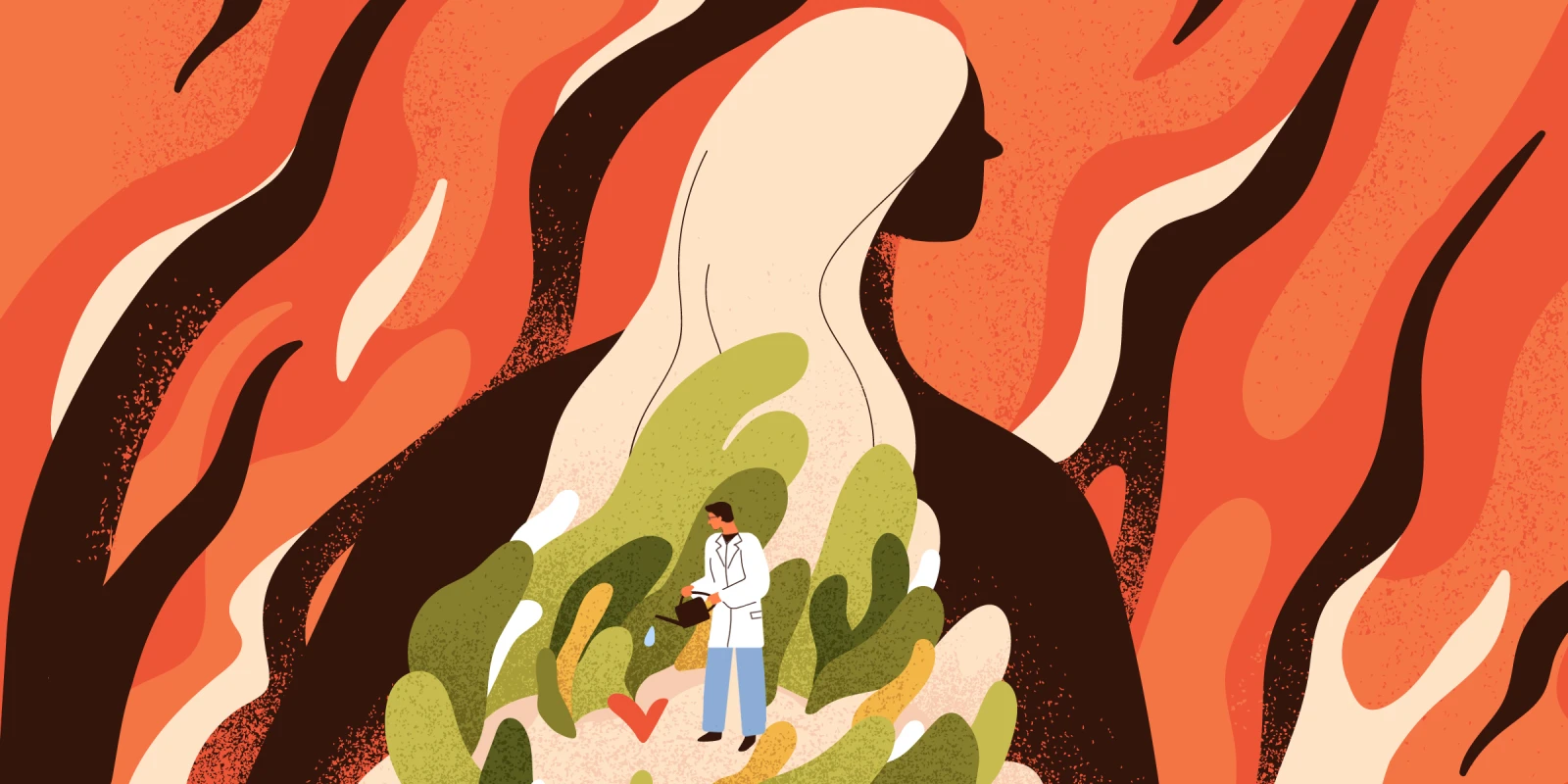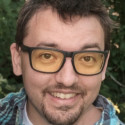As physicians, we all know of colleagues, or colleagues of colleagues, who have been called out in public to help in situations requiring a doctor. The call of “Is there a doctor in the house?” is one that I’ve never heard personally, but I’ve thought about what the situation would generally involve. To be momentarily without any of the technology and support that I generally have in the ED is a scary but exhilarating thought. How would I respond? What could I do? Recently these thoughts have turned to a new twist on this same idea: What would being a doctor be like in the apocalypse?
Apocalyptic fiction has been ascendent in the zeitgeist of late. Many factors could be in play to cause this, not least of which was the global pandemic we continue to endure. There are countless examples of people surviving a vast and hostile landscape, from TV shows to books to video games. In general, these are cautionary tales, a “there but for the grace of God” warning for us to get our act together. They express the anxieties of our current moment and show us a window into our current fears.
That window can also act as a mirror and can show us what’s really important in our own lives and work. What would our skills as clinicians mean in a world without money or laws? What would we be able to do for each other in a real sense? Are we so specialized as to not be useful? What if we had no tools, or references, or consults? What does being a doctor mean, when you can’t do anything?
Admittedly, the idea that one could be a doctor and avoid all the paperwork and insurance is appealing. Bartering medical care for chickens and eggs without having to worry about billing and coding might be nice. Imagine a world without Press Ganey or the C-suite. What would it feel like to never get an insurance denial?
Of course, with the lack of paperwork and infrastructure comes a lack of … everything else. As physicians, our day to day involves talking to people, writing down what they say, and telling other people to do things to them and give them things. I might have to write things down, and I would certainly be able to talk to them, but in the apocalypse there would be no other people. And there would be nothing to do for people, and nothing to give them. Modern medicine is modern medicine precisely because we have an entire complex system of medications, systems, and machines that make it possible to perform miracles. If those miracles fade into legend, what would medicine become?
The best pop culture touchstone for this thought experiment is the 2021 HBO miniseries “Station Eleven,” based on the 2014 novel by Emily St. John Mandel, which is set primarily 20 years after a pandemic kills 99% of the world’s population. While it sounds depressing, it’s an ultimately hopeful story. In the miniseries, Jeevan, “The Doctor,” is not a medical doctor in the same sense that we are. He receives a fairly abrupt sequence of on-the-job training early in his experience of the apocalypse. Years later, when we catch up with him, he has become a healer. The most important thing he’s taught is that healing means having the courage to bear witness to life and death.
And there is the key to medical life in the post-apocalypse. I could make some poultices and bandages. I could definitely repair lacerations and set bones. I might even be able to recreate some basic antibiotics or aspirin, if I had the right books and equipment. I might be able to do many things, but I could definitely bear witness. Healing starts with comfort, and quiet, and sympathy. This is the core of what we do today in the most mechanized trauma center, and it would still be the core of what we do after the fall.
Late in the miniseries adaptation of “Station Eleven,” The Doctor sits with a patient and holds her hand. He lets her know that it’s OK to let go. He does this with compassion and grace and creates in that moment the ultimate expression of civilization. He provides comfort against the storm and does what we all strive to do every day in the ER, the clinic, the hospital, and on a transcontinental flight.
To be clear, I would not want to practice medicine in the post-apocalypse. We are supremely lucky to be living now, when we have access to treatments, scanners, and clean linens. I know that there are places in the world now, as I type these words, that look worse, have fewer resources, and are more dangerous than anything in post-apocalyptic fiction. Fiction can provide a way to look at something that we don’t want to look at in real life. I have the luxury of writing this in a place free of bombs, hostages, and famine. We owe it to ourselves to remember how lucky we are, and what is truly important. We all have bad days, and we all get grumpy. But look at what we have, and look at what we get to do.
What are your favorite post-apocalyptic stories? Share in the comments.
Dr. Ryan Richman is an emergency medicine doc in upstate NY. Father of three, married to a pediatrician, and holder of several patents, he's an amateur baker and semi-professional Star Trek scholar. Also, anything with Matt Berry. If people still tweet (or X-plain?) he's @RWHRichman. Dr. Richman is a 2023–2024 Doximity Op-Med Fellow.
Image by GoodStudio / Shutterstock







